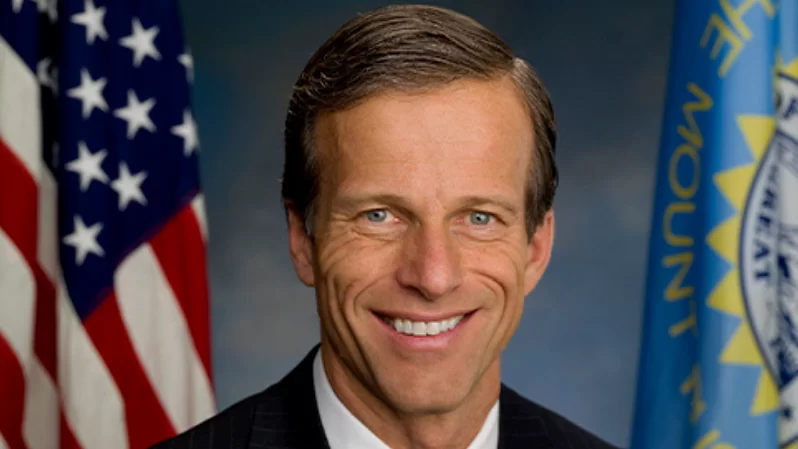Senator John Thune, US Senator for South Dakota | Official U.S. Senate headshot
Senator John Thune, US Senator for South Dakota | Official U.S. Senate headshot
"
WASHINGTON — U.S. Sen. John Thune (R-S.D.) criticized the Federal Communications Commission's (FCC) plan to reimpose net neutrality regulations in a speech on the Senate floor. Thune highlighted concerns about the potential negative impacts of the proposed regulations, drawing parallels to previous experiences with similar rules.
Thune expressed his disapproval of the upcoming FCC vote, stating, "Mr. President, next week the Biden Federal Communications Commission will take a pointless and destructive vote to reimpose onerous net neutrality regulations." He further likened the FCC's approach to that of the Obama administration, suggesting that the regulations were designed for a different era.
The senator emphasized the adverse effects of heavy-handed net neutrality regulations, citing a decline in broadband investment and slower internet speeds during the previous implementation. Thune noted the success following the repeal of these regulations in 2017, stating, "Innovation has flourished. Competition has increased. The internet remains a vehicle for free and open discourse."
Thune raised concerns about the potential consequences of the Biden FCC's regulatory regime, warning that it could impede internet innovation and jeopardize the principles of a free and open internet. He criticized the administration's focus on unnecessary regulations and expressed skepticism about the effectiveness of the proposed rules.
As Thune concluded his remarks, he highlighted his intention to challenge the FCC's regulations, both in court and in Congress. He underscored the importance of addressing real challenges, such as closing the digital divide, rather than imposing burdensome regulations that could hinder progress.
In light of the criticisms voiced by Senator Thune, the future of net neutrality regulations under the Biden administration remains a topic of contention, with implications for the future of internet governance and innovation.


 Alerts Sign-up
Alerts Sign-up